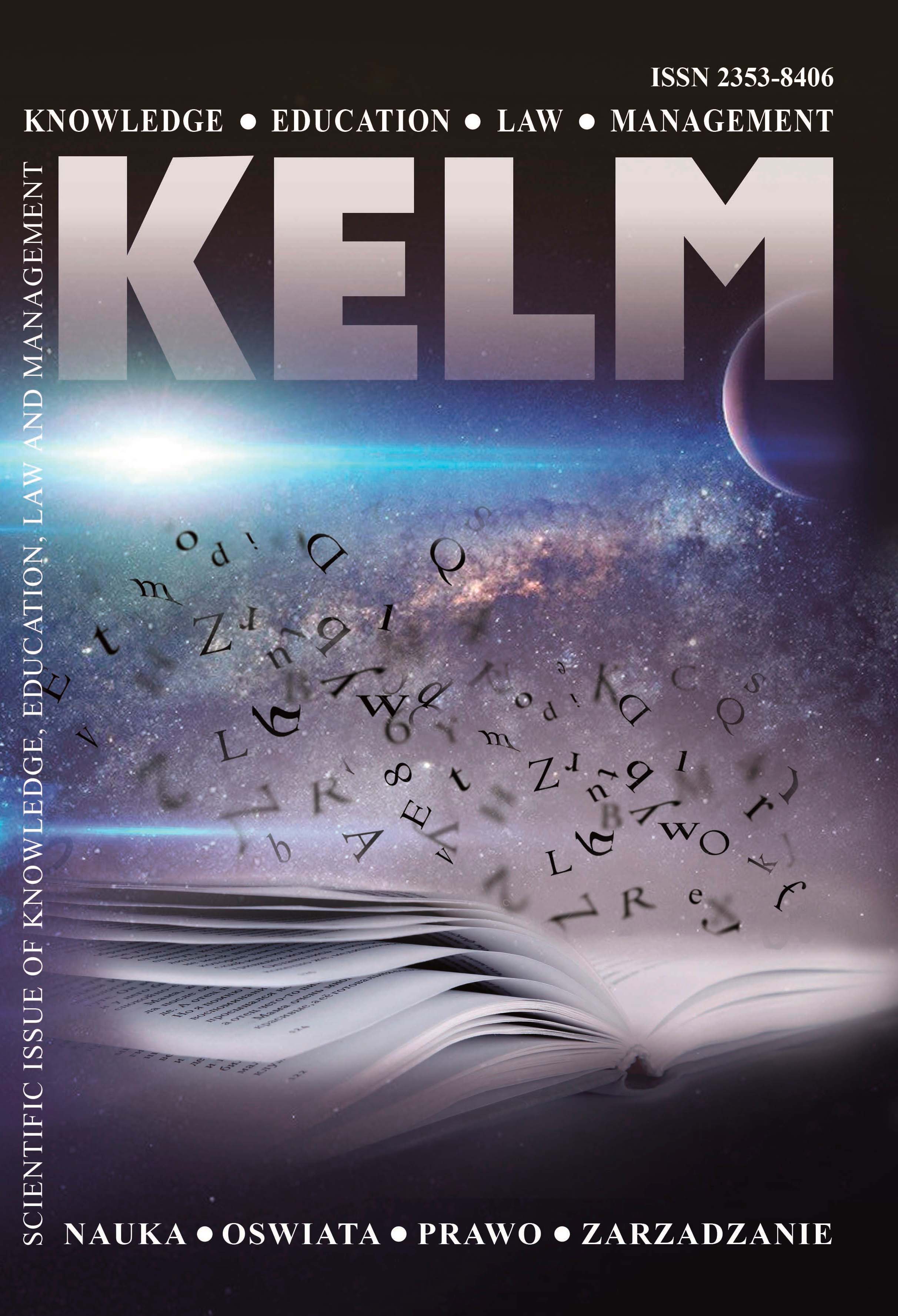Anotation. In this paper the author examines the general methods of teaching the Russian language in higher education, analyzes the classification of methods for teaching linguistic disciplines in higher education. It proves the effectiveness of the use of various methods and their combinations in the study of Russian as a foreign language in higher education. At the Taras Shevchenko National University of Kyiv groups of foreign students are often formed without regard to nationality, so the teacher must select (combine) methods and techniques for successful learning. The author also considers in detail the application of the design method in a foreign audience, since it allows foreign students to learn through activities. They can independently formulate the problem, collect and analyze the necessary information, draw conclusions and visualize the result of the work done.
Keywords: In this paper the author examines the general methods of teaching the Russian language in higher education, analyzes the classification of methods for teaching linguistic disciplines in higher education. It proves the effectiveness of the use of various methods and their combinations in the study of Russian as a foreign language in higher education. At the Taras Shevchenko National University of Kyiv groups of foreign students are often formed without regard to nationality, so the teacher must select (combine) methods and techniques for successful learning. The author also considers in detail the application of the design method in a foreign audience, since it allows foreign students to learn through activities. They can independently formulate the problem, collect and analyze the necessary information, draw conclusions and visualize the result of the work done.
METHODS OF TEACHING MODERN RUSSIAN AS A FOREIGN LANGUAGE IN HIGHER SCHOOL
Svitlana Derba
Candidate of Philological Sciences, Associate Professor Head of the Department of Ukrainian and Russian as Foreign Languages Educational and Research Institute of Philology Taras Shevchenko National University of Kyiv (Kyiv, Ukraine)
ORCID ID: 0000-0002-2906-0344
